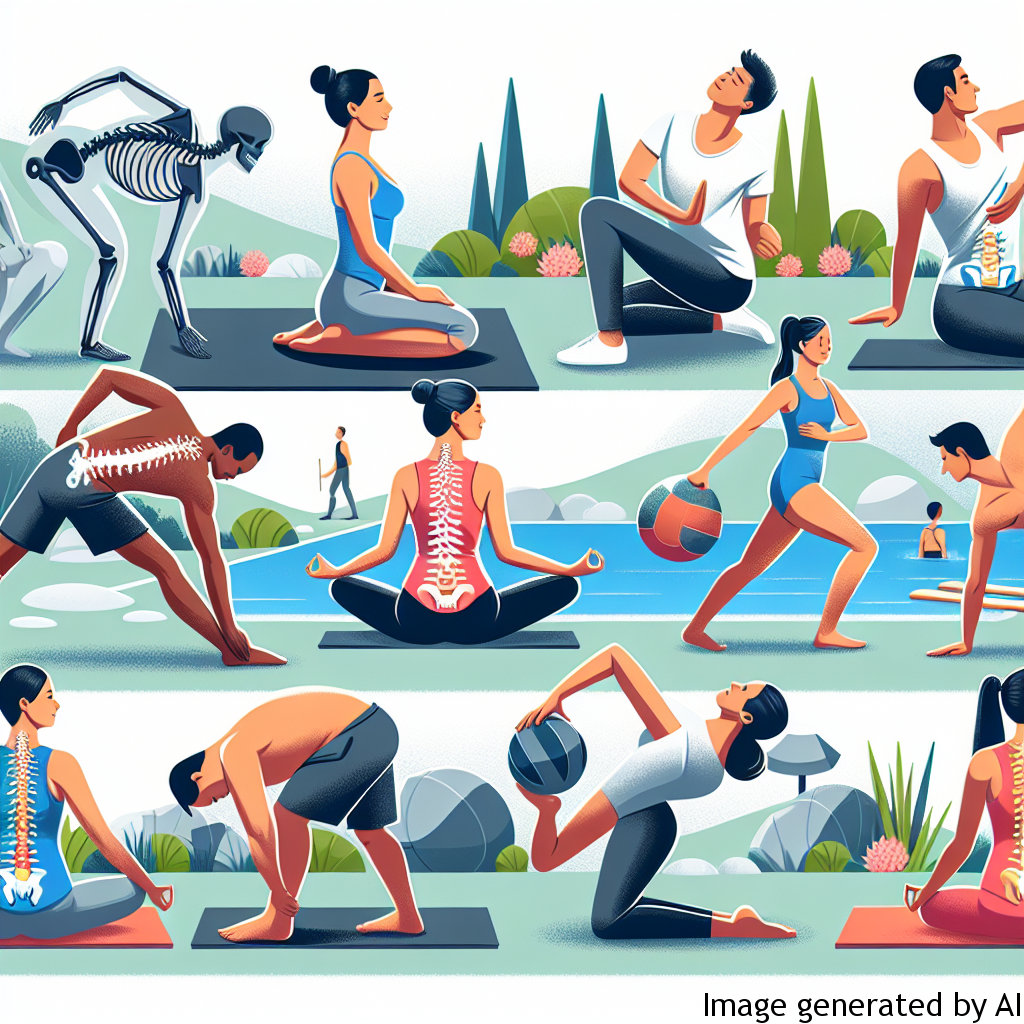Introduction
Spine health is essential in maintaining an active and healthy lifestyle. It plays a crucial role in our overall well-being as it supports our body structure, allows movement, and protects the spinal cord — a key part of the nervous system. Ignoring spine health can lead to serious conditions, including severe back pain. Therefore, understanding and practicing back pain prevention is essential to sustain excellent health.
Understanding Back Pain: Causes and Gender Differences
Common Causes of Back Pain
Back pain can be caused by various factors such as strain, structural problems like ruptured disks and arthritis, postural issues, or spine-related diseases. It could also result from everyday activities done with poor posture or abrupt, awkward movements.
Gender Differences in Back Pain
Studies show that there are gender differences in experiencing back pain. Women are usually more prone to back pain due to hormonal factors, osteoporosis, and the physical changes during pregnancy. On the other hand, men can be more susceptible to back pain due to environmental factors such as physical labor or heavy lifting often associated with male-dominated professions.
How Gender Roles Can Influence Back Health
Gender roles and societal expectations can significantly impact men’s spine health. The societal expectation for men to perform physically intensive tasks, often in their professional lives, makes them susceptible to severe back pain. Working in construction, industrial settings, or other heavy manual labor jobs often require lifting, bending, and twisting motions that can lead to joint, muscle, and nerve injuries.
Tips for Enhancing Spine Health and Back Pain Prevention
Improving spine health and preventing back pain are feasible with the right strategies. Here are some tips taking into consideration gender roles:
- Maintain a healthy weight: Maintaining a healthy weight can help prevent extra stress on the spine for both men and women.
- Practice good posture: Avoid slouching, and make sure your work station at the office is ergonomically correct.
- Engage in regular exercise: Engage in exercises that strengthen the core and improve flexibility. This is particularly important for men working in labor-intensive jobs.
- Avoid lifting heavy objects: As much as possible, and when in the scenario, use equipment or ask for help.
- Healthy lifestyle: Quit smoking and reduce alcohol consumption. Both have been linked with an increased risk of osteoporosis and hence, can cause back pain.
Conclusion
Spine health is critical for our overall quality of life. Preventing back pain doesn’t only improve our physical health, but mental and emotional health as well. While there are gender differences in experiencing back pain, understanding and addressing these factors can help in implementing effective preventive measures. Everyone should give priority to their spine health and be vigilant in identifying activities that can potentially harm the back.

